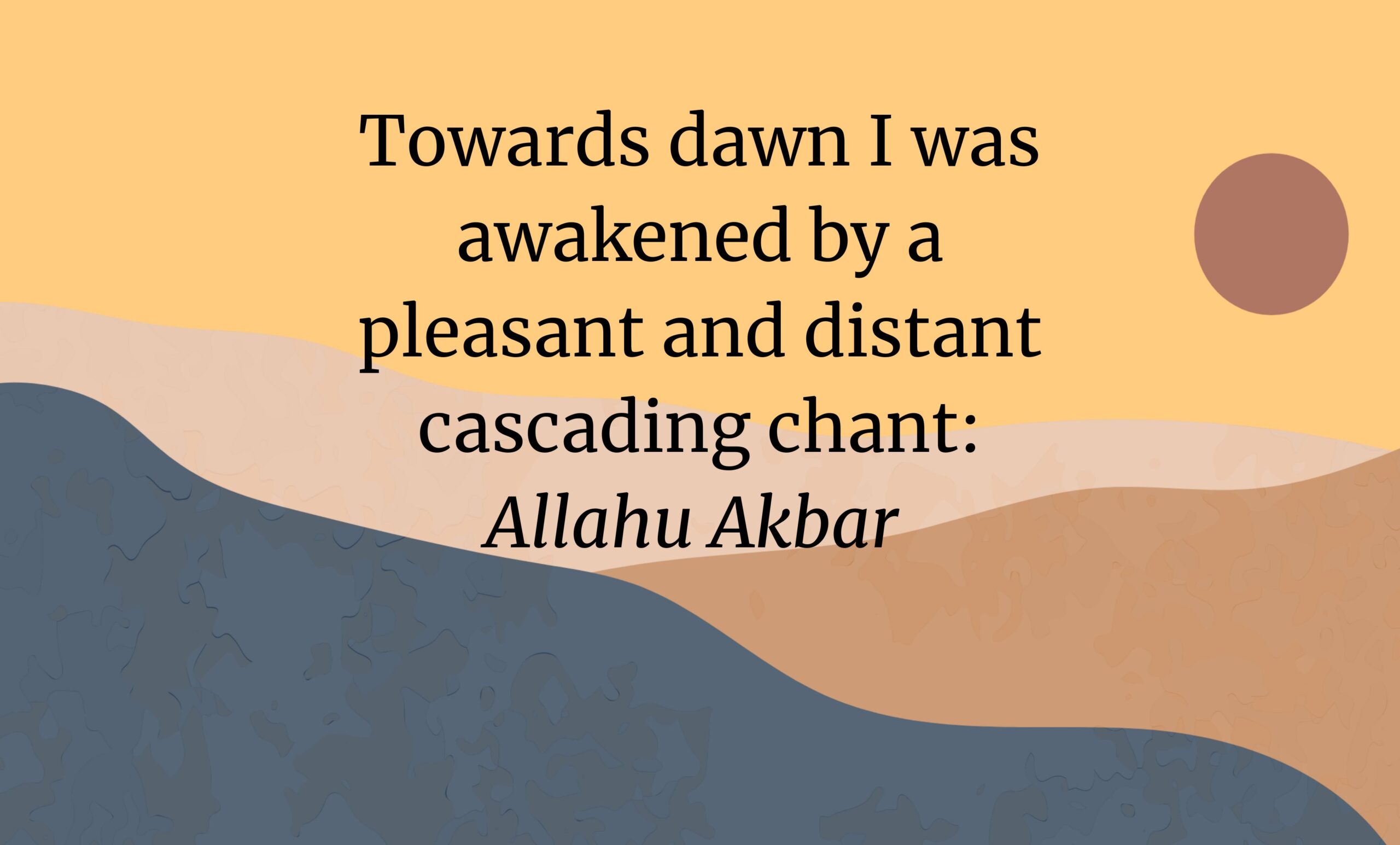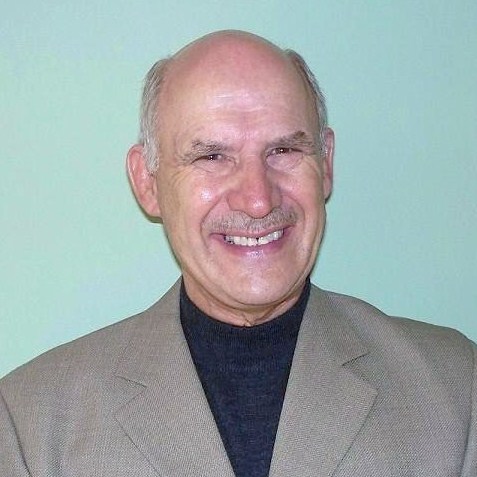In the aftermath of the Kosovo war, involving the North Atlantic Treaty Organisation (NATO) and the former federal Republic of Yugoslavia (Serbia and Montenegro), the United Nations’ Mission in Kosovo was tasked with the selection and training of new police officers. The objective was to establish an indigenous multi-ethnic police force for Kosovo.
In July 2000, under Canada’s peace keeping umbrella, I commenced duties at the Kosovo Police Service School. At the time of my departure in December, 2021, more than 4100 newly trained cadets had graduated. We had over 180 international police trainers, seconded from 23 UN member countries, assisting. The new cadets were assigned positions throughout Kosovo and worked under the guidance and control of UN Police Officers.
My first night’s lodging in Pristina, Kosovo’s capital, was a restless one, mainly because of the oppressive sultry temperature. Towards dawn I was awakened by a pleasant and distant cascading chant: Allahu Akbar (God is great) that could be heard across the quiet of the morning. It was the Islamic call to prayer.
Working with Kosovar Albanians, all predominantly Muslims (Sunni Islam), resulted in developing many close friendships. We had highly qualified translators at the school and they were not only anxious to perform stellar work as translators, but were very friendly and eager to share and compare our many cultural differences. Central to the faith of Islam is the belief that Mohammed was God’s last prophet on earth and that the Koran constitutes God’s final revelation of truth. Their faith implies there is no God but Allah. Ritual daily prayers are performed facing the Kaaba, in Mecca, and is intended to focus the mind on Allah, and in essence prayer is a Muslim’s direct communication with Allah.
Living in the midst of Muslims and making numerous friendships, I became aware of my own Christian values clashing with Islam values, and the challenges it presented in trying to square-up my beliefs with that of Islam. Certainly, the differing views were many and I soon came to realize anew that in my home and native land of Canada, even amongst Christians, we had lots of variances in our spiritual beliefs, and for me to get on a high spiritual horse and rail against those who happened to have religious beliefs different than mine simply made no sense at all.
Eastern Orthodox Christianity predominates most of all Serbia, as well as in the northern parts of Kosovo that were mainly Serbian. We still had many Serbs living in enclaves, in southern rural areas of Kosovo, who were receiving special UN police protection. At the Police Training School, some 12% of police cadets were Serbs, and the remainder were Kosovars of Albanian origin. In the early aftermath of the war, the horrors of conflict and especially the hideous practices of ethnic cleansing by the oppressors, were still quite fresh in the minds of many. At the school we were fairly successful in maintaining the peace, and enforced a strict adherence to control measures without fear, favour, or affection.
A humorous aside to the rule of “no war chant songs” on school grounds, involved me. On one Friday afternoon, in a light hearted effort to introduce cadets to some Canadian music (in this instance, “I’se the B’y…”) the translator phonetically wrote the lyrics on the blackboard. And yours truly led the singing. In fits and starts and lots of repeats, and with everyone standing pumping their fists to the beat, we made surprising progress, resulting in loud, boisterous singing. The sound of music transcended classroom walls. Unbeknownst to us, school security was alerted, and quickly descended on our classroom. I had to hurriedly explain that in no shape or form were we singing Albanian or Serbian war chants. Needless to say, I saw fit to not become further engaged in such artistic endeavours. Interestingly though, many cadets later expressed their appreciation for having had the opportunity of participating in the Newfoundland rendition of “I’se the B’y.”
During my year-and-a-half Kosovo tour, being able to leave that ravaged, war-torn land and return to Newfoundland for periods of rest and relaxation was so rejuvenating, and so necessary. And to just sit in a pew at my home Anglican church on a Sunday morning, and listen to the choir sing …by many deeds of shame / we learn that love grows cold… aroused in me such melancholy wonder as to why so many of us have it so good while so many have it so bad.


